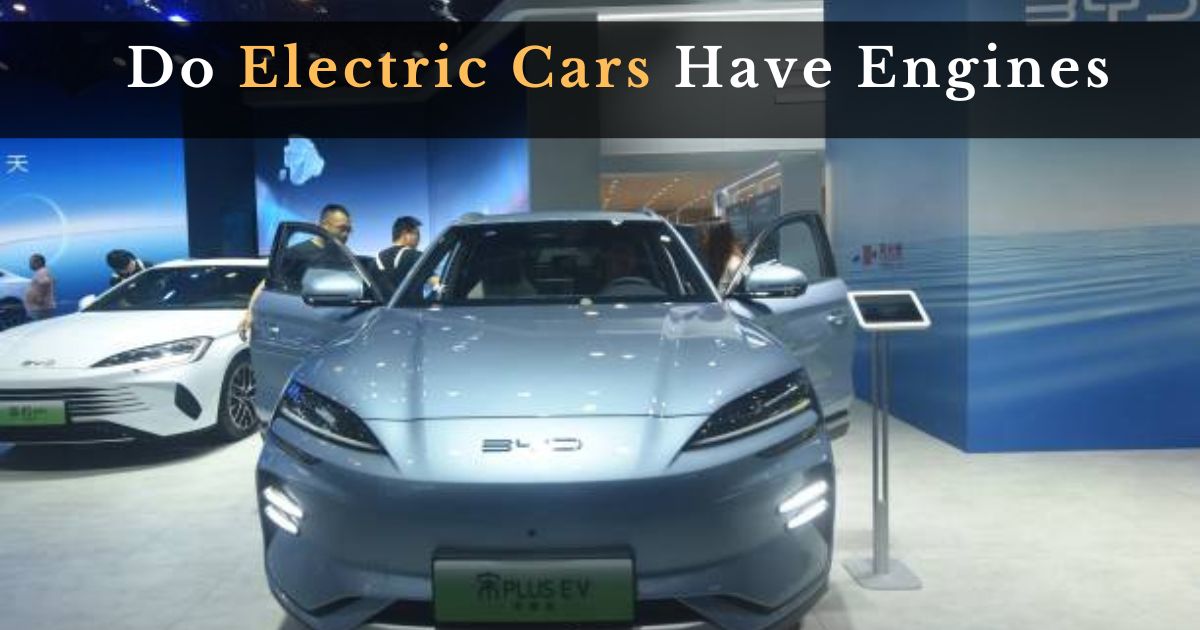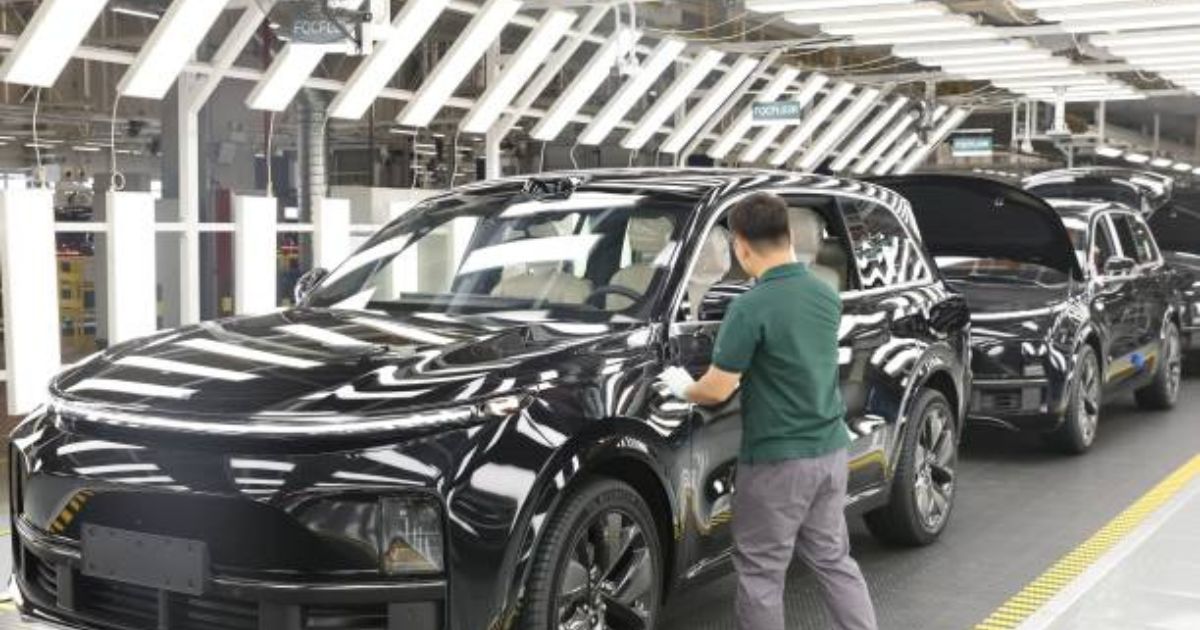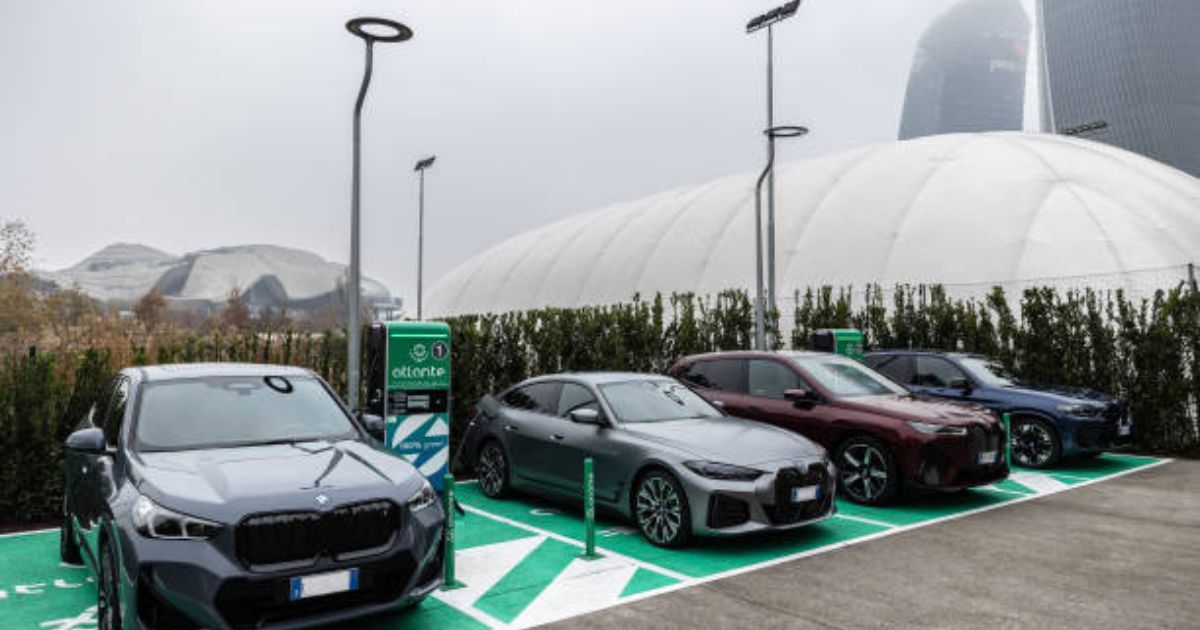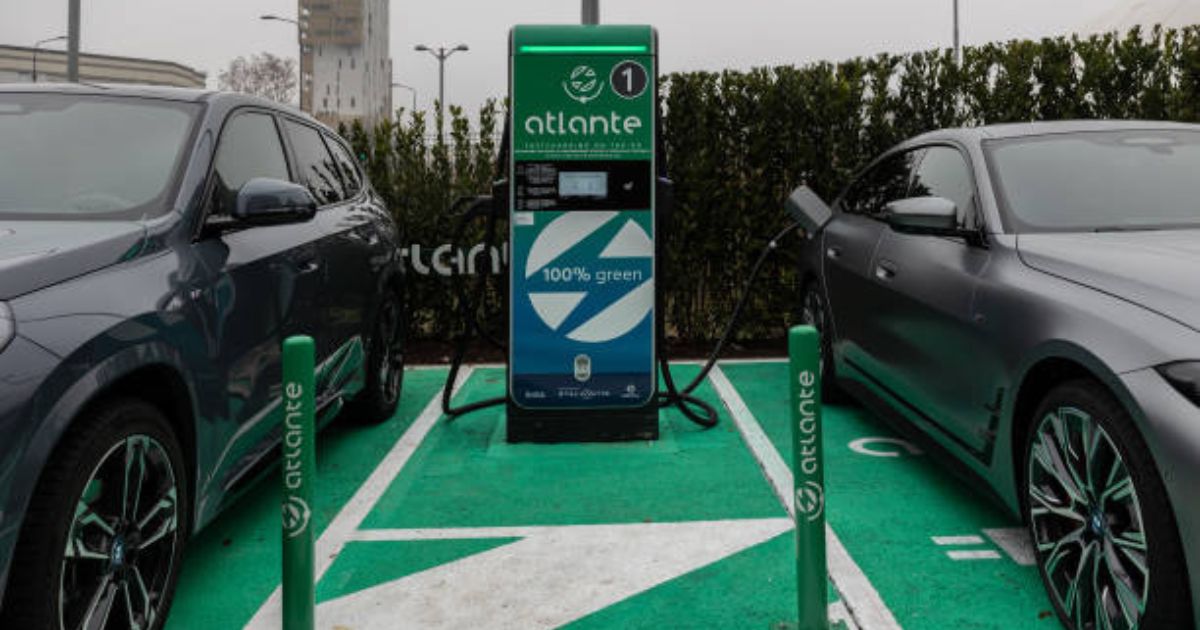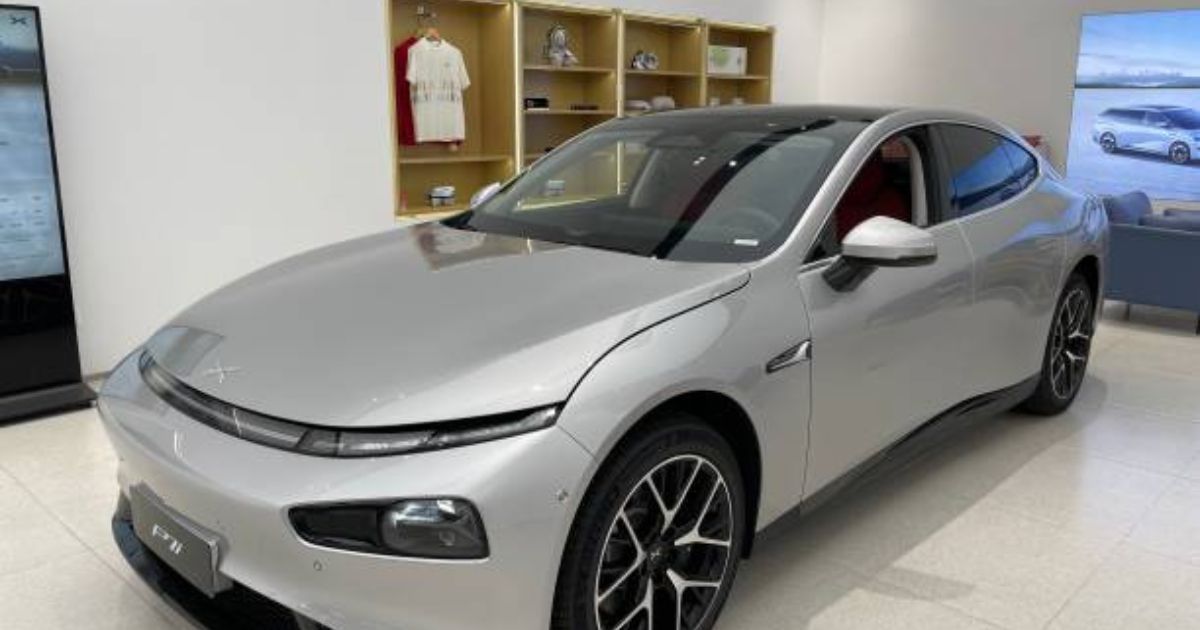Do electric cars have engines, Electric cars are becoming increasingly popular as more people look for eco-friendly ways to get around. They offer a cleaner, quieter, and often cheaper alternative to traditional gas-powered vehicles. But one question many people have is: do electric cars have engines.
Do Electric Cars Have Engines? A Clear Guide
Introduction
Electric cars are becoming more and more popular as people look for greener alternatives to traditional gas-guzzling vehicles. But there’s a lot of confusion about how they work, especially when it comes to what’s under the hood. So, do electric cars have engines? Let’s break it down in a way that’s simple to understand.
Understanding Traditional Car Engines
First, let’s talk about what we’re used to seeing in most cars today: the internal combustion engine. This type of engine burns fuel (usually gasoline or diesel) to create power. The engine has several moving parts, including pistons, crankshafts, and valves, which all work together to turn fuel into motion.
What Powers an Electric Car?
Electric cars, on the other hand, don’t have these traditional engines. Instead, they use electric motors. An electric motor is a device that converts electrical energy into mechanical energy. This means that instead of burning fuel, electric cars get their power from electricity stored in batteries.
Electric Motor vs. Traditional Engine
So, how does an electric motor work? It’s actually pretty straightforward. When electricity from the battery flows through the motor, it creates a magnetic field that makes the motor’s rotor spin. This spinning motion is what drives the car’s wheels.
When comparing electric motors to traditional engines, electric motors are much simpler and more efficient. They have fewer moving parts, which means there’s less that can go wrong. Plus, they convert a higher percentage of the energy from the battery into movement, making them more efficient.
Table Chart: Do Electric Cars Have Engines
| Feature | Electric Car | Gasoline Car |
| Engine Type | Electric Motor |
Internal Combustion Engine
|
| Fuel Source | Electricity | Gasoline |
| Description | Uses an electric motor powered by a battery to propel the car. |
Uses an internal combustion engine that burns gasoline to create power.
|
Components of an Electric Car
Electric cars are built a bit differently than traditional cars. Here are some key components:
- Battery Pack: This is where the electricity is stored. The bigger the battery, the longer the car can go without needing a recharge.
- Electric Motor: This is what drives the car.
- Inverter: This converts the direct current (DC) from the battery into alternating current (AC) that the motor uses.
- Charging Port: This is where you plug in to charge the car.
Types of Electric Motors in Electric Cars
There are different types of electric motors used in electric cars, such as:
- AC Induction Motors: Common in many electric vehicles; known for their durability.
- Permanent Magnet Motors: More efficient and provide more power but can be more expensive.
- Brushless DC Motors: Offer good efficiency and power control.
Each type has its own advantages and disadvantages, but all serve the same basic purpose: to turn electricity into motion.
Electric Car Performance
One of the great things about electric cars is their performance. They often have better acceleration than traditional cars because electric motors can provide full torque instantly. However, how far you can go on a single charge (the range) depends on the size of the battery and the efficiency of the motor.
Maintenance of Electric Cars
Electric cars usually need less maintenance than traditional cars. There are no oil changes, fewer moving parts to wear out, and less stress on the motor. This can mean less time and money spent on upkeep.
Environmental Impact
Electric cars are better for the environment than traditional cars because they don’t produce tailpipe emissions. This means less pollution in our air and a smaller carbon footprint. However, it’s important to consider the source of the electricity that powers them. Renewable energy sources like wind or solar make electric cars even greener.
Cost of Electric Cars
While electric cars can be more expensive upfront, they often save money in the long run. You’ll spend less on fuel, maintenance, and some governments offer incentives and subsidies to make them more affordable.
Popular Electric Car Models
Some popular electric car models include:
- Tesla Model 3: Known for its range and performance.
- Nissan Leaf: One of the more affordable options.
- Chevrolet Bolt: Offers a good balance of range and price.
Each of these models has its own features and benefits, catering to different needs and budgets.
Future of Electric Cars
The future looks bright for electric cars. With advancements in battery technology and charging infrastructure, they are becoming more practical and affordable. Companies are investing heavily in electric vehicle technology, predicting that they will become the norm in the near future.
Misconceptions About Electric Cars
There are a lot of myths about electric cars. Some people think they are slow, but as mentioned, they often have great acceleration. Others worry about running out of battery, but with improvements in range and more charging stations, this is becoming less of an issue.
In conclusion, while electric cars don’t have traditional engines, they do have powerful electric motors that make them efficient and eco-friendly. With less maintenance, lower running costs, and better performance, it’s no wonder they are gaining popularity. As technology continues to advance, the future of driving looks electric.
FAQs
Are electric cars cheaper to run than traditional cars?
Yes, electric cars are generally cheaper to run due to lower fuel and maintenance costs.
How long does it take to charge an electric car?
It varies, but it can take anywhere from 30 minutes to several hours depending on the charger type and battery size.
What is the lifespan of an electric car battery?
Most electric car batteries are designed to last between 8 to 15 years, depending on usage and conditions.
Are electric cars really environmentally friendly?
Yes, especially if they are charged with renewable energy. They produce no tailpipe emissions and have a smaller carbon footprint than traditional cars.
Can electric cars perform as well as traditional cars?
Absolutely. Electric cars often have better acceleration and can be very powerful, providing an enjoyable driving experience.


